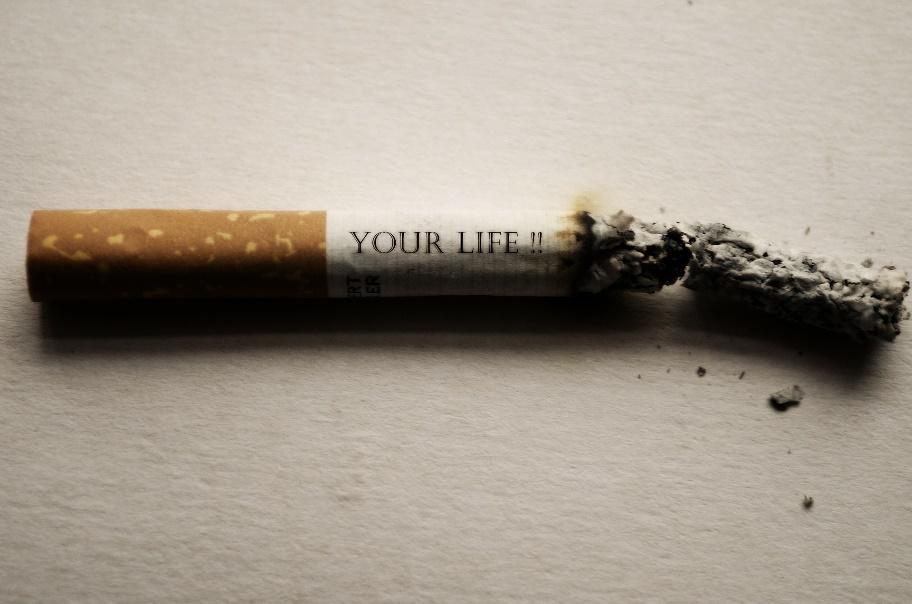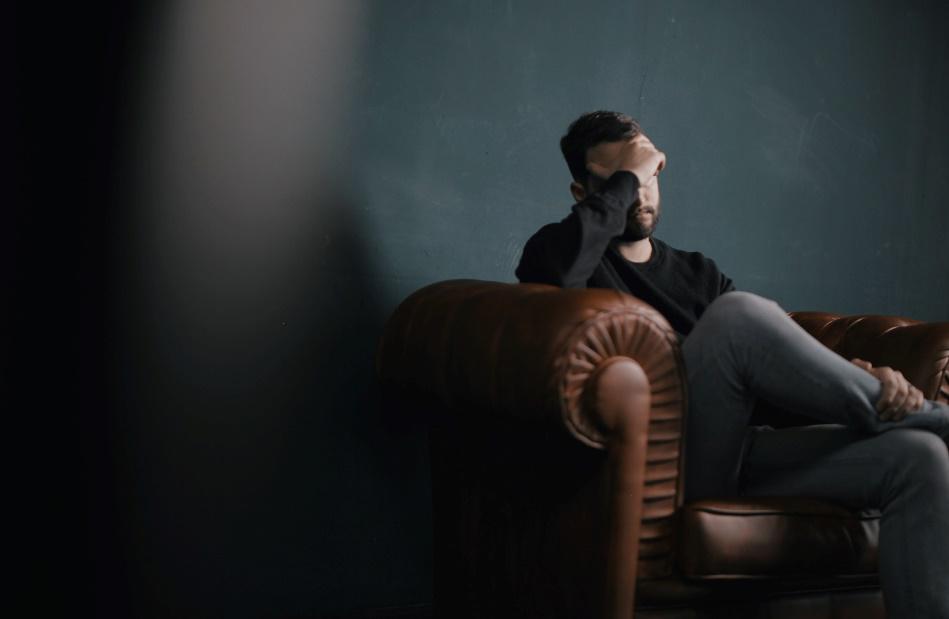Addiction to alcohol and other illicit drugs is a very common phenomenon. You may not even notice when the thin line between those binge drinking and occasional use of some substance disappeared. Before you could even comprehend it, this substance might become your habit and you may be completely dependent on them. But breaking the shackles of addiction is not as easy as falling into the trap.
Every year a large number of people try to break free from their addiction, but unfortunately many fail in this attempt. This is called relapse in medical terminology. Relapse is nothing to be ashamed of and it should not be considered a failure. Studies show that about 40 to 60 percent of individuals relapse. Therefore individuals need to address the high chances of relapse and take the help of professionals.

Even though multiple relapses are very common in most cases, individuals may feel hopeless. In such situations, you need to take the help of rehab centers like Serenity Oaks Alcohol & Drug Rehab Fort Lauderdale that will support you, identify the reason for your relapse, and deal with the issue that causes the slip. Such rehab centers will help you see relapse as an opportunity and support you throughout your recovery process.
Relapse is a very common phenomenon, but it can very traumatic especially if a relapse happens after completing treatment. However, if you wish to help your loved ones or someone you know, it is best to know the signs of relapse. If you identify the signs, you can take immediate actions, thus preventing the situation from getting worst.
So, let us lookout for some relapse warnings to fine-tune your recovery process.
1. Doubting their recovery program
One common sign of relapse is losing faith in the rehabilitation or personal recovery program they are following. They may doubt the path they have been following and may feel hopeless. In such cases, we can observe patients speaking poorly of the recovery programs and their members. At times the patient may become entirely hostile to the process and will not show interest and commitment to the recovery.
2. Increased stress and frustration
Most people consume substances or alcohol as a solution to fight the frustration and stress in their life. Therefore, rehab centers need to teach them healthy coping mechanisms. If the recovery process does not teach the individual how to deal with the stress, they will surely fall back to their old habits. So, if you feel that your loved somebody is stressed, seek help immediately before things go out of control.
3. Denial
If your loved one has slipped and relapsed on alcohol or some substance, they will be in a state of denial. They may deny help and will not accept they are using the drugs again. They will be very defensive and will not agree that they have relapsed and need help.
4. Isolation
An individual who relapses will mostly isolate themselves from the public, especially from the people who helped them to recover. They will try to avoid their family members and other well-wishers. They will also try to skip social events and will prefer the isolation of their room.

5. Stop following the structure
To recover from addiction, an individual need to stick to the plan and try to follow it sincerely. The individual must stay engaged in healthy activities. This will help them to stay focused and reduce the temptation to use the substance or drink again. But a relapsing individual will not follow the structure. They may even hang out with the group with whom they used to drink or use the substance.
6. Become defensive when talking about their progress
For a person who is recovering from addiction, relapsing may be a very shameful thing. Therefore they will deny that they are relapsing and will try to hide it by all means. They will try to avoid conversation about their progress and will get very defensive if asked about their health or recovery. They may try to divert the conversation or show frustration or become aggressive when asked about their recovery.
7. Ignore their responsibilities
Similar to their process of becoming addicted, during relapsing they will ignore their responsibilities. This change will be visible as they will neglect their commitment to their family, work, and friends. They will exhibit more private behavior as they want to hide the truth that they are relapsing.
8. Sudden mood swings
An individual who is relapsing may exhibit sudden mood changes and won’t be able to handle their emotions. They may suddenly become irritated, angry, sad, or frustrated.
One cannot suddenly cure addiction. It requires proper planning and treatment. So, if your loved one or someone you know is showing these signs understand that they are relapsing and need immediate treatment. Try to understand their triggering factors, support them, and help them cope with the situation.
